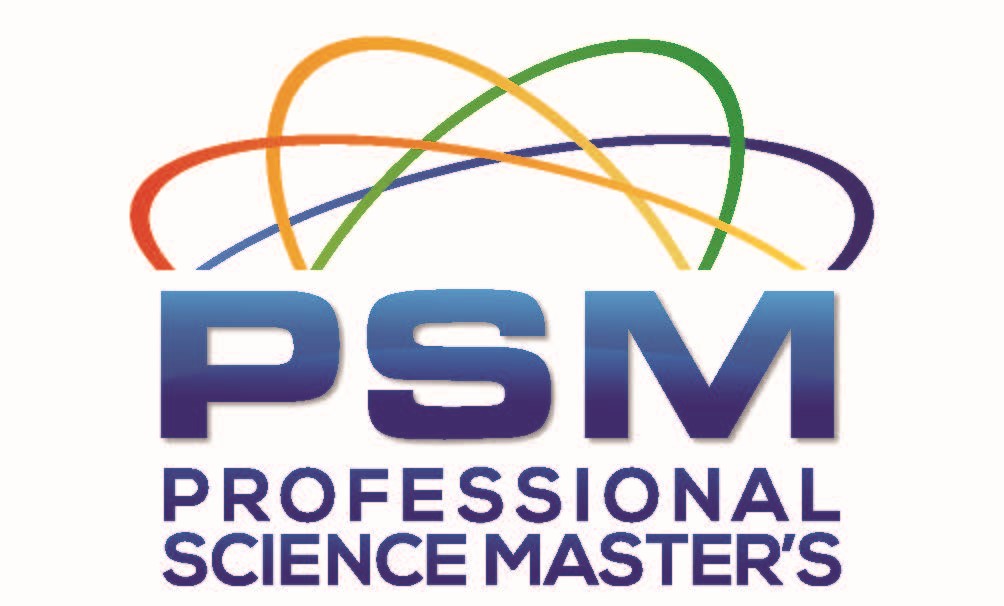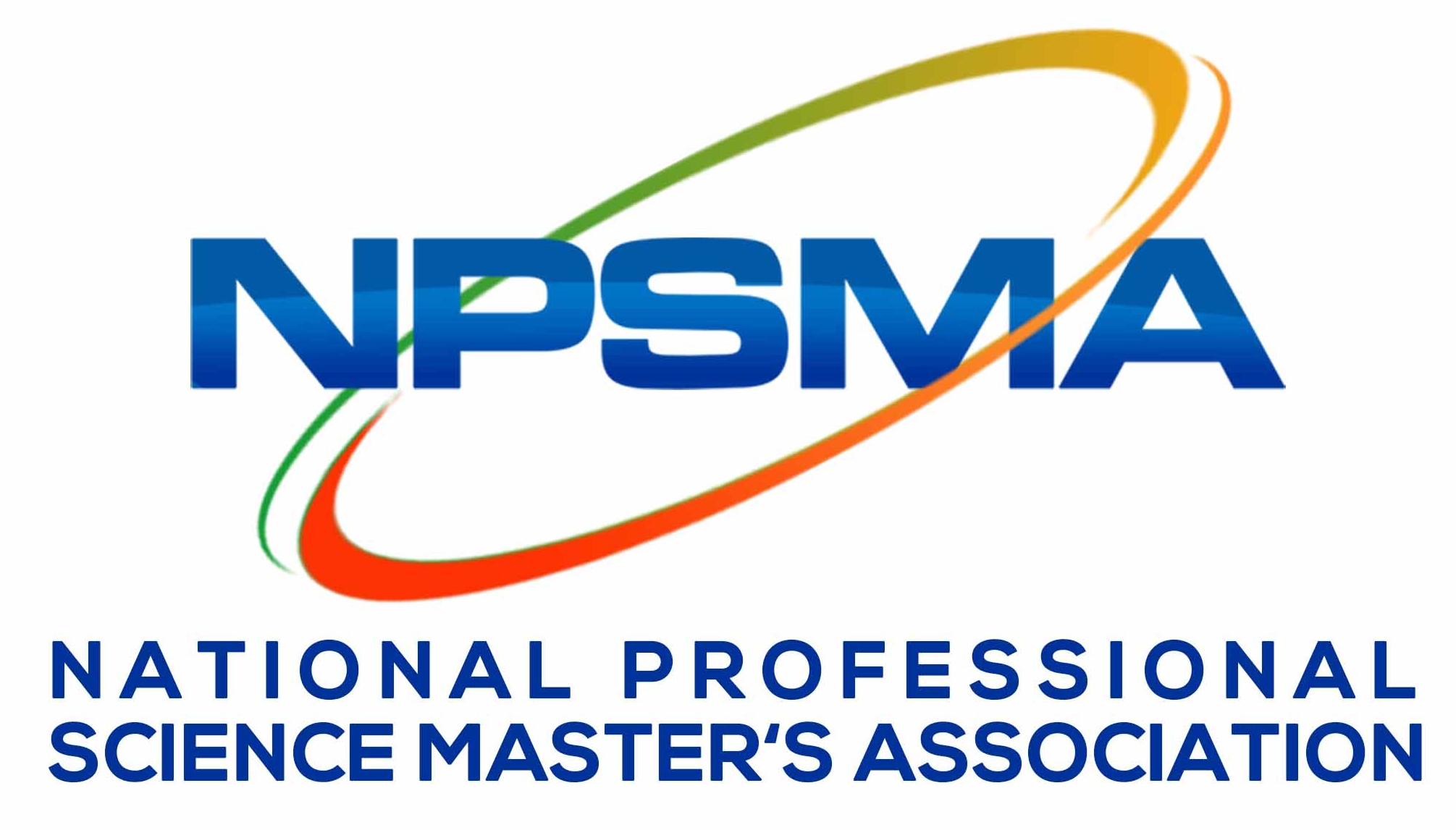GENERAL PLAN
Photo Credit: Dr. Enrique Torchia

The Master’s Program in Biomedical Sciences & Biotechnology General Track (BSBT-GEN) is recognized as a Professional Science Master's Program and provides broad training in the biomedical sciences as well as introductions to regulations, intellectual property, entrepreneurship, i.e. disciplines that add knowledge and competitiveness for entering the biotechnology workforce. The program can also serve as a valuable stepping-stone for entering a Biomedical Sciences PhD Program or Professional Programs such as Medical School, Dental School or a School of Pharmacy.
Through the BSBT General Plan, students take required and elective courses at either CU Denver or the CU Anschutz Medical Campus and tailor their path to their career goals. Graduation with a Master's degree in Biomedical Sciences & Biotechnology (BSBT-GEN) requires 38 credits, including an internship that students will select according to their career plans.
Program alumni have obtained employment in industry and academia or have entered DO/Medical School or moved on to PhD programs.
-spring-2023.jpg?sfvrsn=a10e3ebb_0)
Photo Credit: Samantha Dupuch
2024/2025 BSBT-GEN Curriculum
Required courses include:
- Foundations in Biochemistry
- Foundations in Molecular Biology
- Foundations in Cell Biology
- Foundations in Genetics
- Biomedical Entrepreneurship
- Introduction to Biotechnology
- Bioinnovation Regulations
- Communication Skills
- Project Management
- RCR Case Studies
- R Programming
- Statistics for Biomedical Sciences
- Writing in the Sciences
- Internship (learn more about the internship requirement)
Elective courses may include:
- Applications and Challenges in Personalized Medicine
- Biological Data Analysis
- Business Model Development & Plan
- Clinical Outcomes and Applications
- Core Topics in Biomedical Science
- Evolutionary Genetics and Genomics
- Histophysiology
- Introduction to Animal Models and Experiments in Developmental Biology
- Microbiology in Biomedical Research
- Microbiome in Health and Medicine
- Multi-Omic Approaches in Personalized Medicine
- Nanotechnology and Drug Delivery
- Pharmaceutical Biotechnology
- Pharmacogenomics
- Practical Computational Biology for Biologists
- Principles of Cancer Biology
- Principles and Strategies of Effective Teaching
- Speaking and Presenting for Scientists and Educators: Delivering Effective Scientific Education and Presentations
- Stem Cell Biology to Regenerative Medicine
- Tissue Biology and Disease Mechanisms
2024/2025 BSBT-GEN Handbook
The purpose of the BSBT Handbook is to acquaint students with the policies and procedures of the Graduate School at the University of Colorado Anschutz Medical Campus and to provide resources and guidance for students in pursuit of a Master of Science degree in Biomedical Sciences and Biotechnology (BSBT).
Graduate Certificates
BSBT-Gen required courses overlap with a number of Graduate Certificates. BSBT students may consider tailoring their electives toward a specific discipline to also earn a Graduate Certificate while completing their MS degree requirements.
Alternatively, courses completed as part of a certificate may be transferred into the BSBT MS program, enabling students to take courses before applying to the MS program.
Graduate Certificate in Research Management and Compliance
The Graduate Certificate Program in Research Management and Compliance (ReMC) is designed to provide students with focused training on central issues related to an effective research enterprise. These knowledge areas and skills should aid certificate holders to obtain positions as professional research assistants inside and outside academia.
Skills Obtained:
- Composition and requirements of writing IRB and IACUUC applications
- Basic components of tech transfer and innovation
- Responsible conduct of research
- Project management
Graduate Certificate in Biomedical Sciences
The Graduate Certificate in Biomedical Sciences (BiSC) is designed to provide students with broad training in the biomedical sciences. BiSC is a great stepping stone toward research careers and higher level graduate programs.
Skills Obtained:
- Topics in major biomedical science disciplines (Cell Biology, Molecular Biology, Biochemistry, and Genetics)
- Statistics
- R programming
- Responsible Conduct of Research
Personalized and Genomic Medicine Online Graduate Certificate Program
The Graduate Certificate in Personalized and Genomic Medicine (PMED) is designed for current and future healthcare professionals, research professionals, and recent graduates who are interested in pursuing further studies in personalized medicine and genomics. This certificate is for students who are looking for initial exposure to personalized medicine or expertise in the field for an employment opportunity.
Skills Obtained:
- Pharmacogenomics
- Multi-omic Approaches in Personalized Medicine
- Methods and Challenges in Observational Health Data Analysis
- Applications and Challenges in Personalized Medicine
